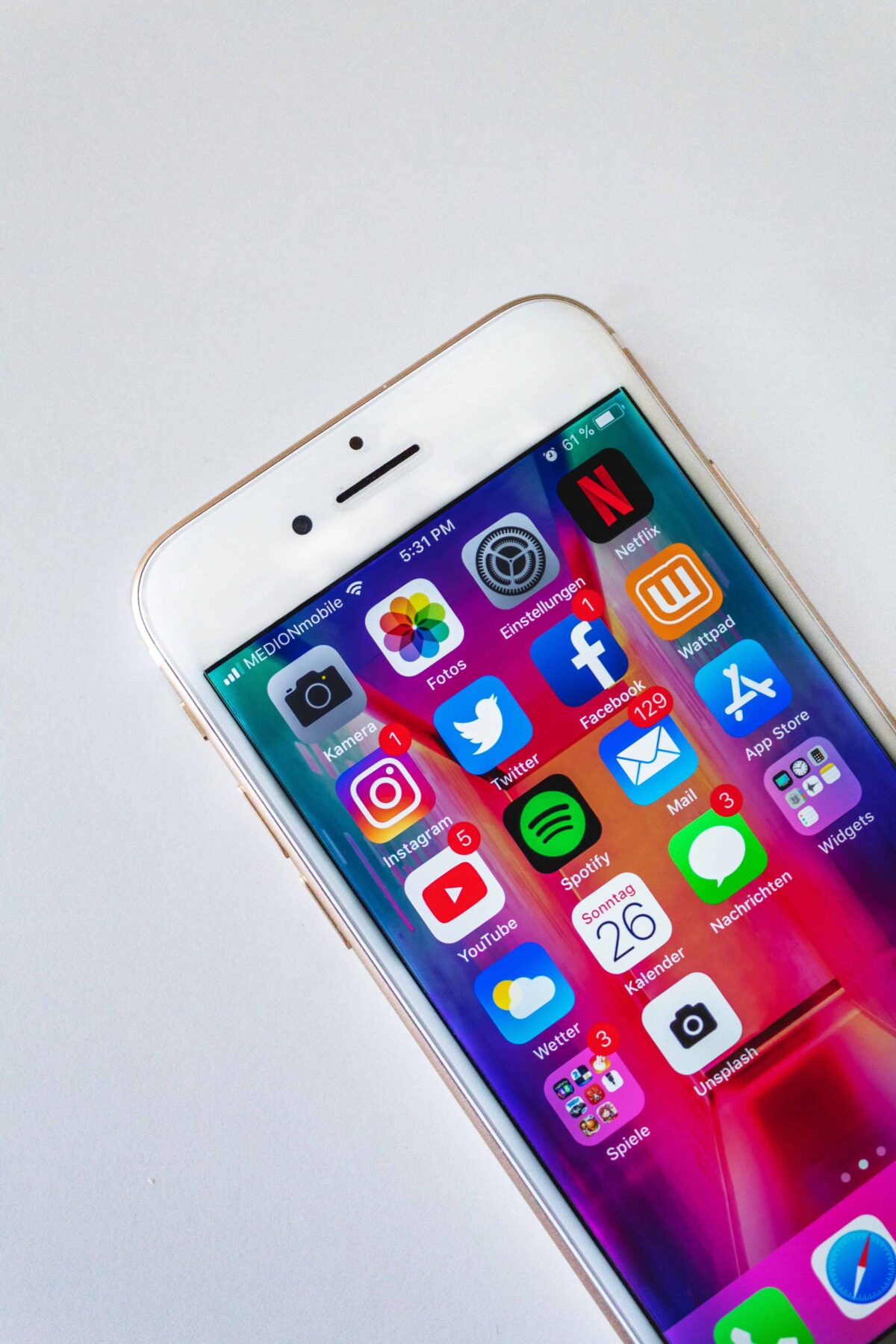B.C. Supreme Court case highlights importance of responsible online engagement

This blog was prepared with assistance from Summer Articled Student Theresa Riley.
In a recent case, false and malicious statements by a YouTuber led to personal and business harm and, as a result, the Court awarded the plaintiffs $350,000 in damages for defamation.
In I Buy Beauty LLC v. Dong (2024 BCSC 815), a defamation claim was brought by a beauty company and its CEO against a British Columbia-based YouTuber.
The plaintiffs accused the YouTuber of making defamatory statements through their YouTube channels and other social media platforms. The plaintiffs sought damages, alleging false online statements included accusations of money laundering, theft of personal data, fraudulent practices and labeling the plaintiffs as communist sympathizers. They claimed that these statements led to threats and harassment against them and their families.
The Court awarded $250,000 in general damages to the plaintiffs, noting the significant impact of the defamation. The online defamatory statements were severe, widely disseminated and frequent. As a prominent YouTuber, the creator’s reach amplified the harm, leading to violence and business losses for the plaintiffs. Additionally, the Court awarded $50,000 in aggravated damages and $50,000 in punitive damages due to the malicious and profit-driven nature of their actions. The plaintiffs also received a permanent injunction against the YouTuber to prevent further harm.
Key takeaways
- Seriousness of defamation on social media: The Court recognized that statements made on social media platforms can have a profound impact on reputation due to their wide reach and potential for virality. The YouTuber’s persistent accusations of criminal behavior against the plaintiffs were deemed serious and damaging, leading to significant financial and personal consequences.
- Responsibility of content creators: The judgment reinforces that individuals who publish content online, including YouTube creators, have a responsibility for the statements they make. The YouTuber’s argument that their statements were mere commentary did not absolve them from liability, particularly because the statements were found to be defamatory and targeted at specific individuals.
- Responsibility of social media platforms: While social media platforms were not defendants in this case, it shows the potential liability they could face for defamatory content posted by users. For example, in Giustra v. Twitter, Inc. (2021 BCSC 54), the plaintiff sued Twitter for defamatory tweets and sought a worldwide injunction. The Court’s acceptance of jurisdiction signals a trend towards holding social media platforms more accountable for user-generated content.
- Impact of the judgement: The substantial $350,000 damages award and the granting of a permanent injunction send a clear message about the seriousness of online defamation. This judgment not only compensates the plaintiffs for the harm caused but also acts as a strong deterrent to prevent similar misconduct in the future.
Courts are increasingly willing to apply traditional legal principles to online defamation cases, allowing individuals and businesses to seek redress for harm caused by defamatory statements. The case highlights the significant impact of defamatory statements made on social media and the need for strong legal protections.
For guidance on managing privacy issues related to digital communications and social media, contact our Privacy, Data Protection & Cybersecurity group. Our team has experience in drafting terms of use, preparing privacy policies and providing comprehensive advice to help your organization address the challenges of online interactions.
Note: This article is of a general nature only and is not exhaustive of all possible legal rights or remedies. In addition, laws may change over time and should be interpreted only in the context of particular circumstances such that these materials are not intended to be relied upon or taken as legal advice or opinion. Readers should consult a legal professional for specific advice in any particular situation.
Authors: Kristél Kriel, Cael Hibbert



